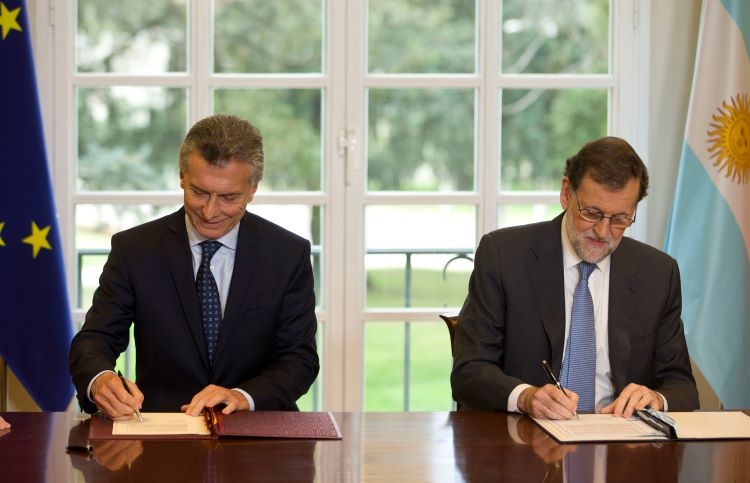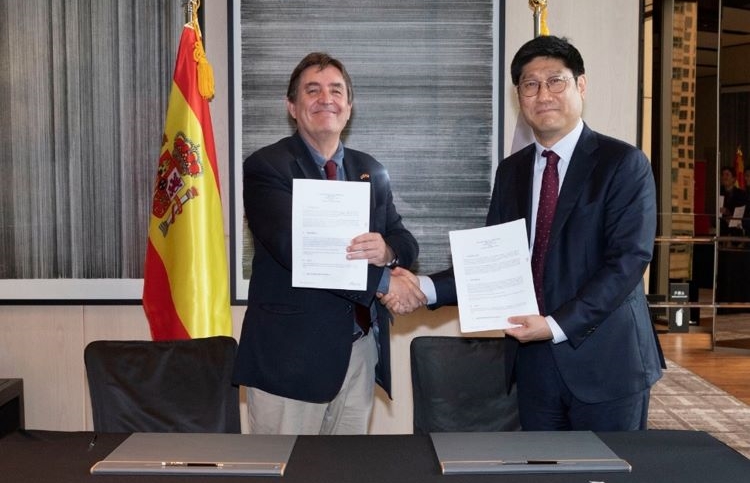The Diplomat
Last Tuesday, the Council of Ministers approved the referral to the Spanish Parliament of the Agreement between Spain and Argentina for the creation of a youth mobility program, and authorized Spain’s consent to be bound by it.
The objective of the agreement is to favor the mobility of young people between the two countries, promote bilateral cooperation so that they can acquire personal and professional experience and broaden their knowledge of the culture and society of the host country. To this end, it facilitates the performance of occasional jobs or volunteer activities.
The program is aimed at university graduates between the ages of 18 and 35 or who have completed at least two years of higher education. Young people must have sufficient funds to support themselves in the host country, must have a return ticket or be able to prove that they have sufficient funds to purchase one, and must have valid medical insurance for the duration of their stay. In addition, a special system is established for the granting of visas and for the entry and stay of young people from each party in the territory of the other party. Specifically, the maximum number of such special visas will be 500 per year.
The Memorandum of Understanding to establish a Youth Mobility Program was signed on February 23, 2017 in Madrid during the state visit of the then President of Argentina, Mauricio Macri. Initially, the aim was that an agreement for the implementation of the program would be signed during the visit to Argentina of the then Prime Minister, Mariano Rajoy, in April 2018, but it was not possible to get the approval of the Council of Ministers in time.
Therefore, the agreement was signed ad referendum on those same dates by the then Foreign Ministers of Spain and Argentina, Alfonso Dastis and Jorge Faurie. The Council of Ministers approved the signing of the agreement and its referral to the Parliament on August 31, 2018, but the successive electoral calls in 2019 and the outbreak of the COVID-19 pandemic in March 2020 prevented parliamentary authorization, which is now being requested again.







